Sustainability
Family-Owned Wineries Protecting the Future of Winemaking
Quintessential showcases family-owned wineries worldwide that are committed to preserving the environment through sustainable, organic, and biodynamic practices. Learn about their eco-friendly winemaking, global sustainability certifications, and the steps they take to protect natural resources for future generations.
Producers From
Enact Environmentally Conscious Practices
Employ Sustainable, Organic & Biodynamic Methods
Wine Scores
From Earth-Conscious Producers
Currently Selling
Producers Have Received
ACCREDITATIONS
AROUND THE WORLD
André Brunel
Bodegas Bianchi
Herdade de Sao Miguel
Cortonesi
Champagne Palmer
Ch. Ferry Lacombe
Domaine Carrion
Famille Bouey
Forrest
Georges Duboeuf
Ghisolfi
Goose Ridge
Gustave Lorentz
Kautz Family
Kay Brothers
Luca Bosio
Lucas & Lewellen
Marisco
Matetic
Pascual Toso
Rongopai
Quinta do Vallado
Simonsig
Tenuta Carobbio
Villa Huesgen
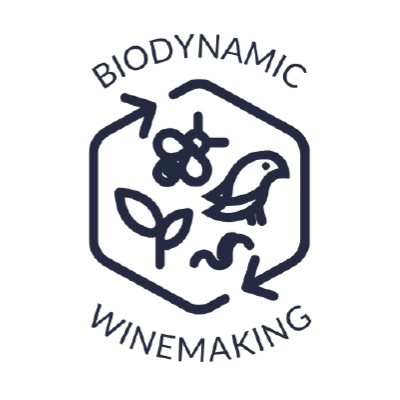
Biodynamic winemaking is a holistic approach that combines organic farming with ecological practices, aligning with natural cycles. It uses biodynamic preparations from herbs, minerals, and compost to improve soil and plant health, avoiding synthetic chemicals. The approach creates a self-sustaining ecosystem, with natural fermentation and minimal intervention in winemaking. Biodynamic certification ensures these practices are strictly followed, producing wines that reflect the land and environment.

Organic winemaking involves growing grapes without synthetic chemicals like pesticides or fertilizers. Instead, natural methods such as compost, cover crops, and crop rotation are used for pest control and soil health. In the winery, organic practices limit additives and emphasize natural fermentation. Organic winemaking prioritizes sustainability and aims to produce wines that reflect the purity and terroir of the grapes. Organic certifications ensure these practices are consistently followed.
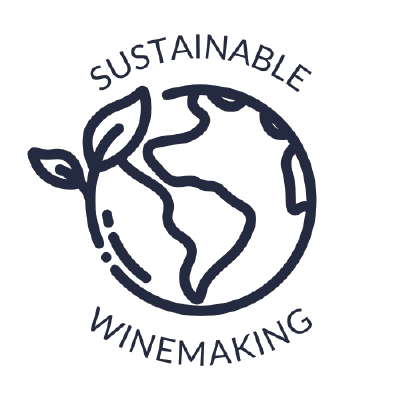
Sustainable winemaking balances environmental, economic, and social factors for long-term viability. It includes earth conscious farming, efficient water use, carbon footprint reduction, and waste management through recycling and composting. Practices like cover cropping and crop rotation maintain soil health. Socially and economically, it involves fair labor practices, community support, and product diversification. Wineries adopting these practices may earn certifications like Certified Sustainable, showing their commitment to sustainability.
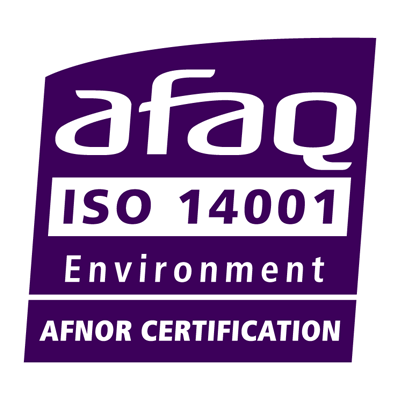
AFAQ ISO 14001 environnement (Afnor Certification): AFAQ ISO 14001 certification recognizes organizations for implementing an effective Environmental Management System (EMS) based on the ISO 14001 standard. This certification, offered by AFNOR Certification, ensures companies manage environmental impacts through sustainable practices, regulatory compliance, and continuous performance improvement. The certification covers areas like waste management, resource efficiency, pollution prevention, and carbon footprint reduction, demonstrating a commitment to sustainability and enhancing credibility with stakeholders.
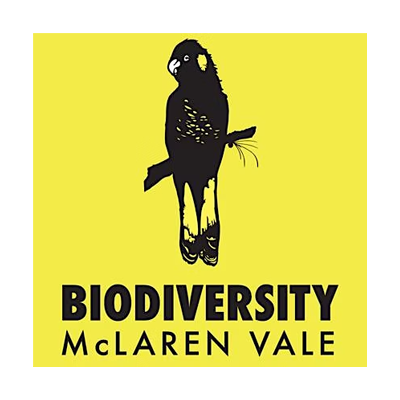
Biodiversity McLaren Vale Project: The Biodiversity McLaren Vale Project aims to enhance and preserve biodiversity in South Australia’s McLaren Vale wine region by promoting sustainable farming practices. The initiative focuses on improving soil health, protecting native flora and fauna, and reducing environmental impacts through habitat restoration, native vegetation planting, and better water management. A collaboration between winegrowers, environmental groups, and researchers, the project enhances agricultural resilience while ensuring long-term land health.
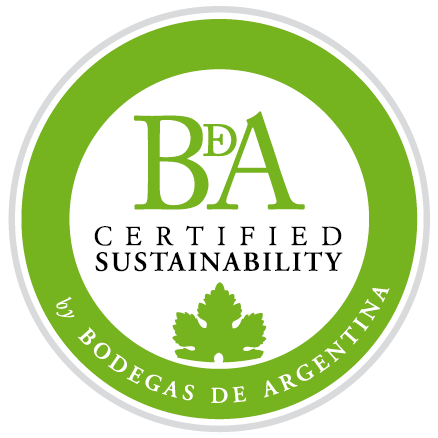
Bodegas de Argentina: The country’s leading wine chamber, representing over 250 wineries nationwide. In addition to driving trade and exports, it leads on sustainability through its Sustainability Commission and Protocol, which set best practices for reducing water and energy use, managing waste, protecting biodiversity, and promoting fair labor and community engagement.
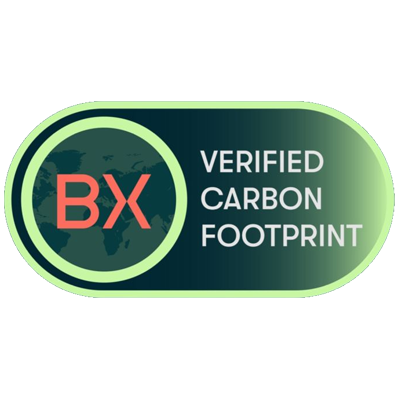
BX Verified Carbon Footprint: The BX Verified Carbon Footprint measures and certifies the amount of CO2 and other greenhouse gases emitted by activities, organizations, or products. This third-party verification assesses energy use, transportation, and waste management, ensuring accuracy and transparency in carbon accounting. It helps businesses reduce their environmental impact by providing actionable data on their carbon footprint.

BX Verified Carbon Footprint: The BX Verified Carbon Footprint measures and certifies the amount of CO2 and other greenhouse gases emitted by activities, organizations, or products. This third-party verification assesses energy use, transportation, and waste management, ensuring accuracy and transparency in carbon accounting. It helps businesses reduce their environmental impact by providing actionable data on their carbon footprint.
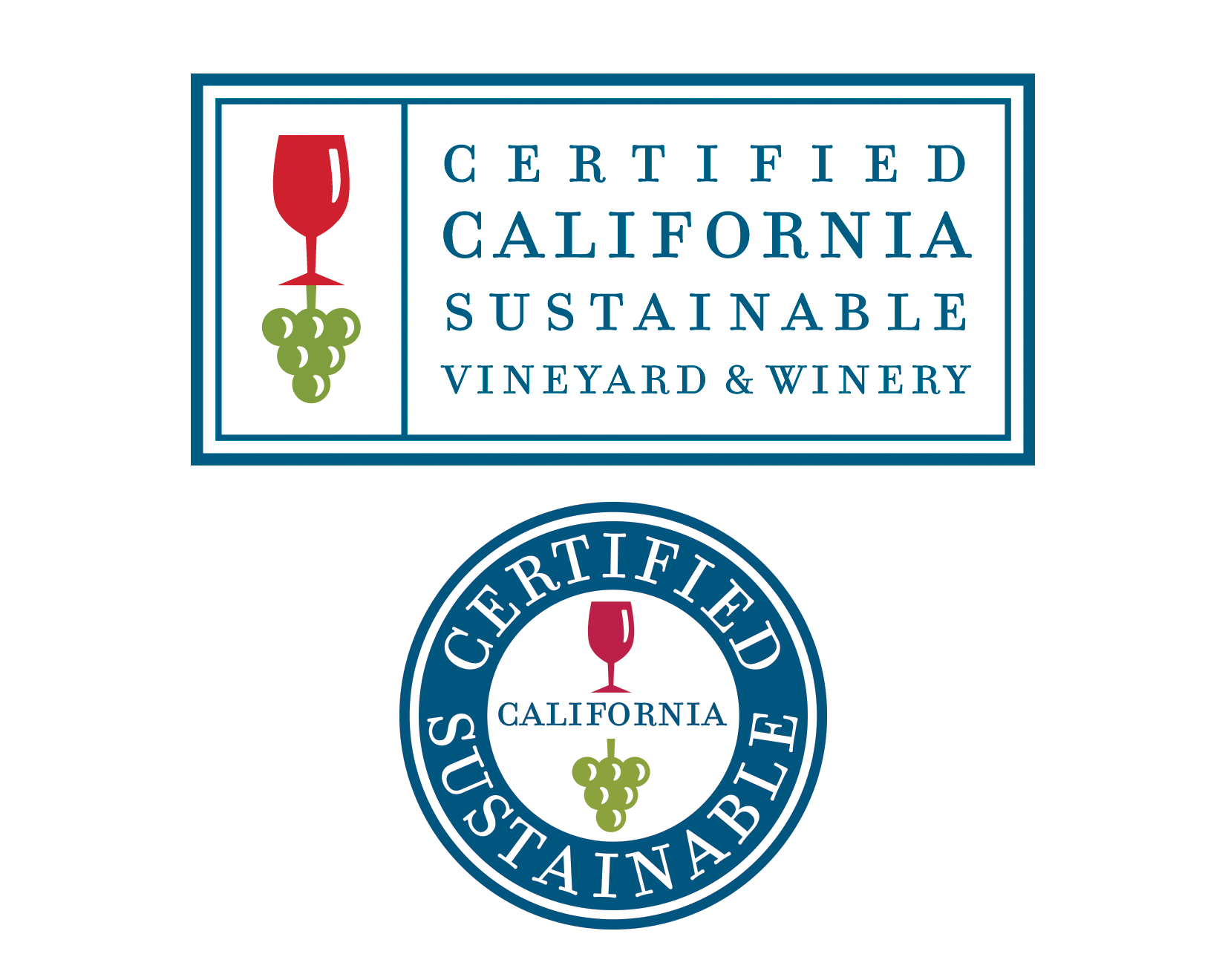
California Sustainable Wine Growing Alliance (CSWA): Certified California Sustainable Winegrowing (CCSW) is a globally recognized certification program for vineyards and wineries prioritizing environmental stewardship, social responsibility, and business sustainability. It includes rigorous standards, annual third-party audits, and requirements for sustainability metrics, such as water, energy, and greenhouse gas tracking. Wineries must also implement Integrated Pest Management, follow crop protection restrictions, and develop action plans for continuous improvement.

Committed CSR label by Afnor: The Committed CSR Label by AFNOR certifies wineries for their commitment to Corporate Social Responsibility (CSR), focusing on environmental sustainability, ethical governance, fair labor practices, and community engagement. This label helps wineries build trust with consumers and stakeholders by adopting transparent, socially responsible practices in vineyard management and production.
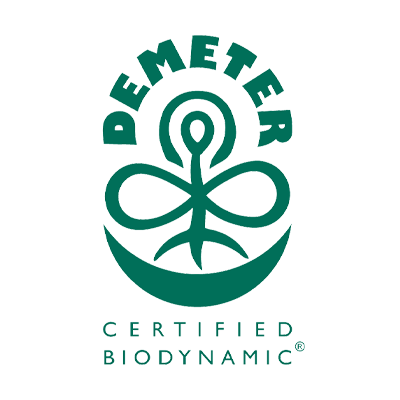
Demeter: Demeter Certification is a global standard for biodynamic farming, focusing on ecological, social, and spiritual principles. It goes beyond organic farming by promoting soil health, biodiversity, and minimal chemical intervention. Demeter-certified farms use biodynamic preparations, align with natural rhythms, and emphasize environmental stewardship, making them among the most sustainable and spiritually aligned in the marketplace.
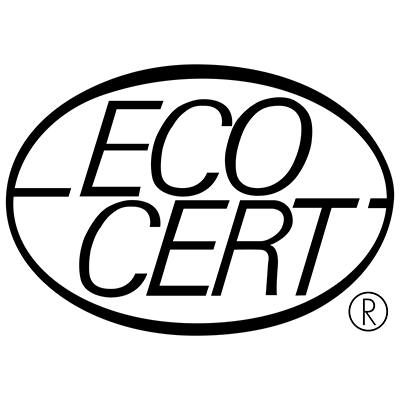
Ecocert: Ecocert is an international certification body for organic and sustainable practices across industries, including agriculture and wine. Founded in 1991, Ecocert certifies wineries that follow organic and biodynamic farming principles, ensuring minimal use of synthetic chemicals and focusing on environmental sustainability, waste management, water conservation, and fair trade.
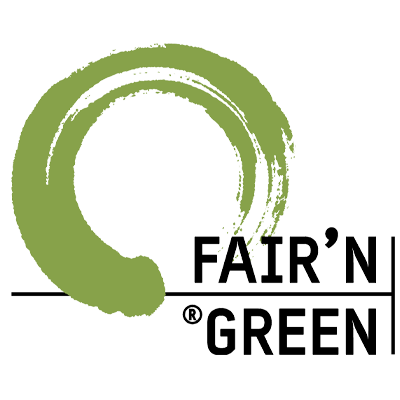
Fair and Green: Fair & Green promotes sustainability and social responsibility within the wine industry, focusing on organic viticulture, resource management, waste reduction, and social equity. Wineries must meet strict criteria for ecological stewardship and ethical business practices, ensuring positive impacts on both the environment and communities. This certification builds consumer confidence in the ethical production of wines.
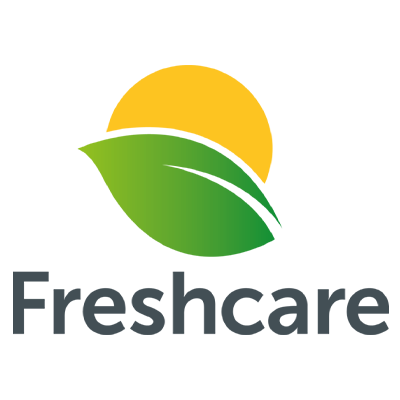
Freshcare Australian Wine Industry Standard of Sustainable Practice ‐ Winery ‐ Edition 1: The Freshcare Australian Wine Industry Standard of Sustainable Practice Winery Edition 1 is a certification program for Australian wineries, focusing on reducing environmental impact and improving sustainability. It covers areas like water and energy usage, waste management, pest control, and social responsibility. By following these guidelines, wineries can reduce their carbon footprint, enhance resource efficiency, and contribute to the long-term sustainability of the industry. The certification helps wineries demonstrate their commitment to sustainable practices to consumers and stakeholders.
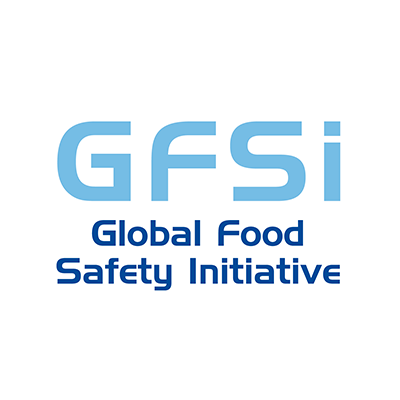
Global Food Safety Initiative (GFSI) Certification: The GFSI Certification is an internationally recognized standard for food safety across the supply chain. It involves third-party audits to validate food safety management systems, ensuring they meet high standards for safety, quality, and consistency. The certification helps businesses manage risks, comply with regulations, and build consumer trust by demonstrating commitment to food safety. It promotes continuous improvement in hygiene, traceability, hazard analysis, and risk management, enhancing reputation and market access.
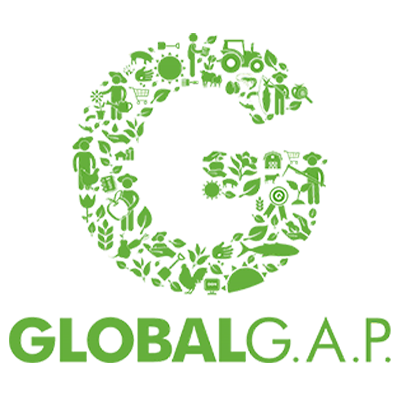
GLOBALG.A.P.: GLOBALG.A.P. is a leading provider of farm assurance solutions, offering standards for safe, sustainable, and responsible production in agriculture, aquaculture, and floriculture. Developed with industry experts, its certification ensures compliance with safety, quality, and sustainability criteria. Supported by over 430 member organizations worldwide, it also provides a capacity-building program to help producers adopt responsible practices. With nearly 200,000 certified producers globally, GLOBALG.A.P. fosters trust and sustainability in international trade, contributing to global sustainability goals.
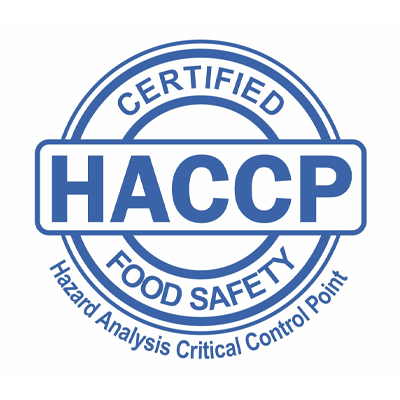
HACCP: HACCP (Hazard Analysis and Critical Control Points) is a food safety system that identifies and evaluates hazards to prevent food contamination. It establishes preventive and corrective measures to control these hazards, aiming to ensure food safety across the production chain. HACCP applies to companies involved in food manufacturing, processing, or handling, and is mandated by Regulation 852/2004 in the European Union. Initially developed by NASA for space missions, HACCP is also referred to as APPCC in Spanish.
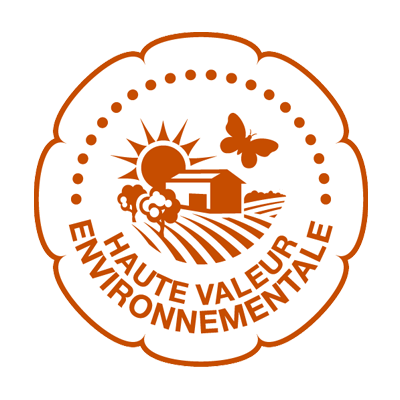
HVE (Haute Valeur Environnementale): HVE is a French environmental certification awarded to vineyards that adopt sustainable practices to minimize their environmental impact. It focuses on biodiversity, soil health, water management, reduced chemical use, and energy efficiency. Practices include promoting plant and animal diversity, using organic fertilizers, efficient water use, integrated pest management, and renewable energy. Achieving HVE certification demonstrates a vineyard’s commitment to sustainability and eco-friendly production, appealing to environmentally conscious consumers.
HVE Level 3 is the highest tier of France’s Haute Valeur Environnementale certification, awarded to vineyards with exceptional sustainability practices. It requires advanced strategies in biodiversity, soil health, water management, and energy efficiency, aiming for significant environmental impact reduction. This certification highlights vineyards committed to the highest environmental stewardship standards.

IPW’s Global Wine Sector Environmental Sustainability Principles: The Global Wine Sector Environmental Sustainability Principles, developed by IPW (International Programme for the Responsible Use of Wine), promote sustainable practices across the wine industry. These principles focus on energy efficiency, water conservation, waste management, and reducing the carbon footprint. They encourage sustainable vineyard management, reduced pesticide use, water conservation, and eco-friendly winemaking techniques. The guidelines aim to help wineries adopt a holistic approach to sustainability, ensuring long-term viability and protecting natural resources.
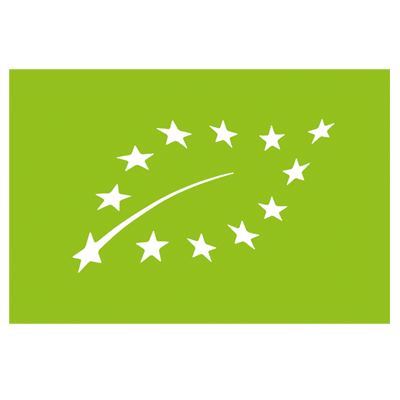
PT-BIO-03 (European Regulation): PT-BIO-03 is a certification standard under EU Regulation (EC) No 834/2007 for organic food and agricultural production. It ensures products are grown without synthetic chemicals, GMOs, or artificial additives. The certification focuses on biodiversity, soil fertility, and environmental health through methods like crop rotation, organic fertilizers, and sustainable pest management. Certified products meet EU organic standards and are traceable from farm to table.
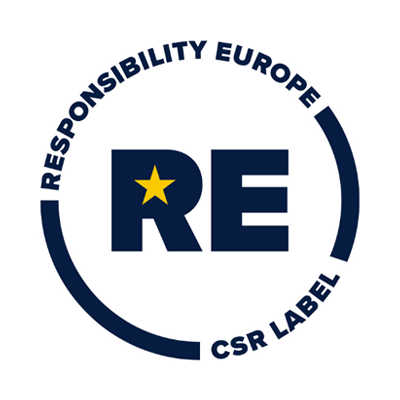
Responsibility Europe CSR LABEL: The Responsibility Europe CSR Label for Wine certifies wineries committed to Corporate Social Responsibility and sustainable practices. It evaluates environmental sustainability, ethical production, fair labor practices, community engagement, and responsible governance. Achieving the label demonstrates a winery’s dedication to transparency, social responsibility, and sustainability, helping build trust with consumers and stakeholders.

Salmon-Safe: Salmon-Safe Wines is a leading U.S. certifier of ecologically sustainable viticulture, with more than 350 vineyards in Oregon, Washington, and British Columbia certified over the past two decades. The program focuses on protecting water quality and restoring salmon habitat in key Northwest watersheds by reducing vineyard runoff, planting streamside trees for shade, encouraging cover crops, and using natural methods for pest control. Certification is offered in partnership with LIVE, Oregon Tilth, Demeter, and Sustainable WA, making it accessible to conventional, organic, and biodynamic growers alike. Together, Salmon-Safe vineyards demonstrate how winegrowing can support both biodiversity and healthy ecosystems.

SEDEX (Supplier Ethical Data Exchange) Wine Certification: SEDEX is a global standard for ethical and responsible practices in the wine supply chain, focusing on labor practices, health and safety, environmental sustainability, and business ethics. Certification promotes transparency, improves working conditions, and ensures sustainable practices. Wineries achieving SEDEX certification demonstrate commitment to ethical sourcing and responsible production, enhancing consumer trust and access to markets that prioritize corporate social responsibility.

SIP Sustainability: SIP Certified® is a sustainability certification for winegrowers and winemakers, verifying responsible practices through third-party assessments. The program upholds seven values: Social Responsibility (competitive wages, insurance, training), Water Management (reduced/recycled water use), Safe Pest Management (beneficial insects, raptors, cover crops), Energy Efficiency (solar, wind, minimal tractor use), Habitat (wildlife corridors, open space preservation), Business (ethical practices), and Always Evolving (embracing new science and technology). Certified wines ensure protection for both people and the planet.
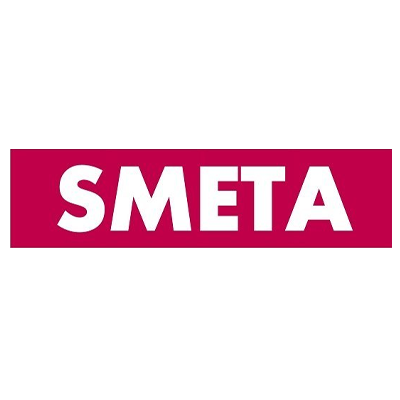
SMETA 4P Certification: SMETA 4P Certification is an ethical audit framework assessing companies based on four pillars: Labor Standards, Health and Safety, Environment, and Business Ethics. It ensures fair wages, safe working conditions, responsible environmental practices, and ethical business behavior. The certification helps businesses comply with social, environmental, and ethical standards, promoting transparency and responsible practices in global supply chains, and is widely used to meet international regulations and build trust with consumers and partners.
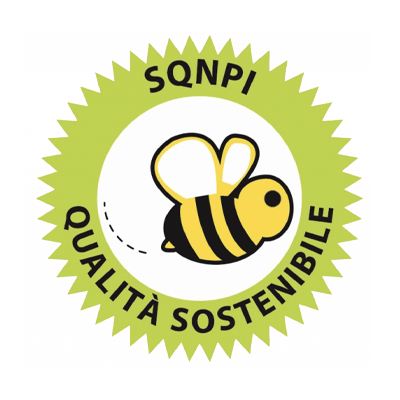
SQNPI: SQNPI, which stands for “Sistema di Qualità Nazionale di Produzione Integrata” (National Quality System of Integrated Production), is an Italian certification that verifies whether agricultural products are produced using sustainable practices, adhering to strict guidelines regarding integrated crop management, minimizing environmental impact while maintaining high quality produce. The label signifies that a product is grown using environmentally conscious methods while still meeting quality standards.
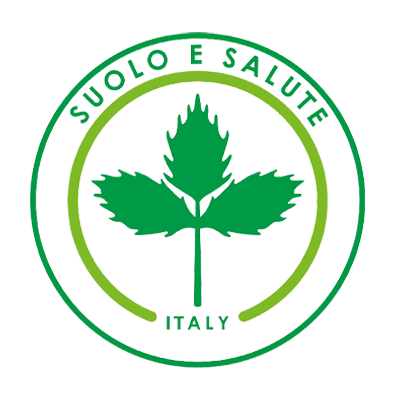
Suolo e Salute: is a leading Italian organization specializing in organic certification, with over 45 years of experience. It certifies a large portion of Italian organic producers and promotes sustainable agriculture by collaborating with research institutions and universities on innovative solutions, while also certifying organic livestock and participating in projects like “BioTerr” to enhance economic, environmental, and tourism development. With a strong commitment to quality, it maintains rigorous control systems and impartial certification processes.
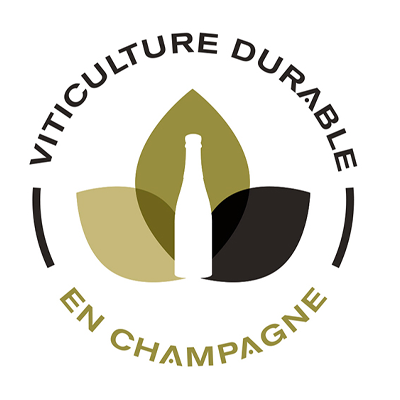
Sustainable Viticulture in Champagne (VDC): The VDC certification promotes sustainable farming practices in the Champagne wine region, focusing on environmental stewardship, social responsibility, and economic viability. It encourages reduced pesticide use, water conservation, soil health improvement, and biodiversity promotion. VDC also emphasizes worker welfare, fair labor practices, and community engagement. Certified wineries demonstrate their commitment to sustainable viticulture, ensuring long-term environmental and social benefits while maintaining Champagne’s quality and reputation.
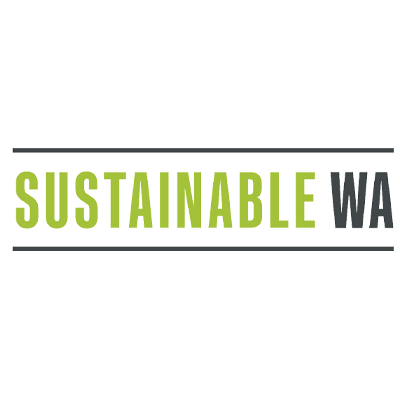
Sustainable WA: Sustainable WA, managed by Washington Winegrowers, certifies sustainable practices within the state’s wine industry. It emphasizes environmental stewardship, social responsibility, and economic sustainability in vineyards and wineries, covering water conservation, energy efficiency, soil health, waste management, and integrated pest management. Certification requires meeting sustainability criteria, completing self-assessments, and undergoing third-party audits. Sustainable WA helps Washington winegrowers show their commitment to producing high-quality wines with minimal environmental impact while supporting local communities.
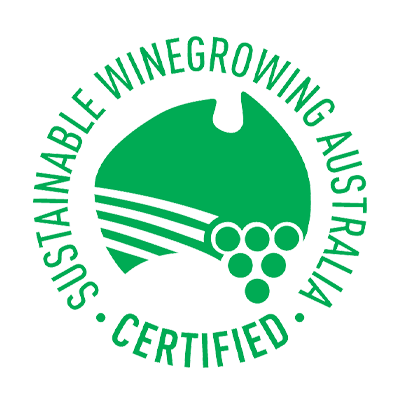
Sustainable Wine Growing Australia: Sustainable Winegrowing Australia is a certification program promoting sustainable practices in Australian vineyards and wineries. It focuses on environmental stewardship, social responsibility, and economic viability, encouraging water conservation, energy efficiency, waste reduction, and soil health management. Participants must meet strict sustainability criteria and undergo regular audits. Certified wineries can use the logo to demonstrate their commitment to sustainable practices to consumers and the industry.
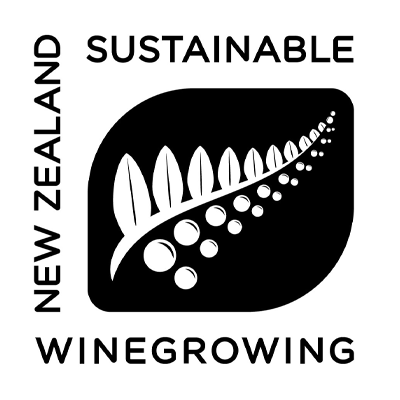
Sustainable Winegrowing NZ Program (SWNZ): The SWNZ program is a voluntary certification promoting sustainable practices in New Zealand’s wine industry. It emphasizes environmentally responsible farming, efficient resource use, and social responsibility. Key areas include soil management, water conservation, waste reduction, pest management, and energy efficiency, along with workplace health and safety and community engagement. Certified wineries are audited regularly to ensure compliance with the program’s standards, demonstrating their sustainability commitment to consumers and the industry.
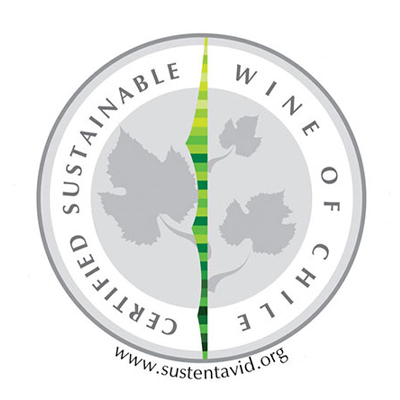
The Wines of Chile Sustainability Code Certification: Managed by Ecocert, the Wines of Chile Sustainability Code Certification promotes sustainable practices in Chile’s wine industry. It focuses on environmental, social, and economic sustainability, encouraging efficient water use, energy conservation, waste reduction, responsible pest management, and biodiversity. Socially, it emphasizes fair labor practices, workplace safety, and community engagement. The certification involves rigorous audits to ensure compliance, helping Chilean wineries demonstrate their commitment to sustainability and providing consumers with confidence in responsibly produced wines.

WASP (Wine and Sustainability Practices): WASP is a sustainability certification for the wine industry in Portugal’s Alentejo region, promoting environmentally responsible practices such as water conservation, energy efficiency, waste management, and sustainable materials use. It also focuses on social responsibility, including fair labor practices and community engagement. By achieving WASP certification, wineries demonstrate their commitment to sustainable and ethical winemaking, providing consumers with confidence that their wines are produced with respect for the environment and society.
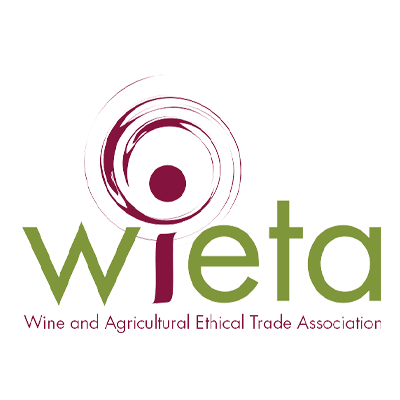
Wine and Agricultural Industry Ethical Trade Association (WIETA): The WIETA Code of Conduct promotes fair labor practices and social responsibility within South Africa’s wine and agricultural sectors. It addresses fair wages, working conditions, health and safety, workers’ rights, and environmental sustainability. WIETA certification requires companies to undergo regular audits to verify compliance. By adhering to these ethical guidelines, wineries and agricultural producers demonstrate their commitment to improving workers’ welfare and promoting sustainability in the industry.